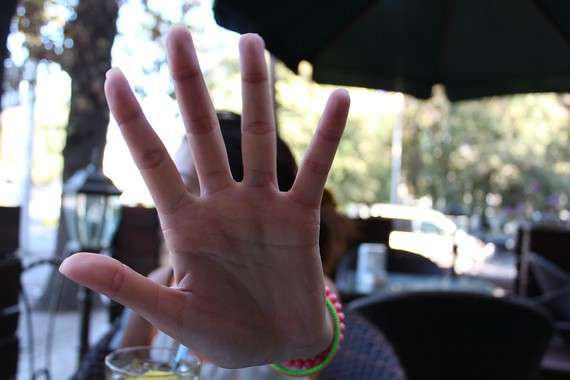Who thinks only attractive women suffer sexual harassment?

A few weeks ago, Donald Trump described the women who accused him of sexual harassment as "unattractive and horrible." These statements are echoed in the results of research from the University of Granada. Scientists claim there are myths that contribute to sexual harassment being seen as caused by the victim. An incident of harassment is also more likely to be noticed if the victim is attractive.
Sexual harassment is one of the most difficult behaviours to perceive and, therefore, to prove. Many people wrongly believe it is linked to the victim's behaviour, or is even provoked by the victim. In fact, there are those who think that unattractive people do not suffer from this type of assault.
Three researchers at the University of Granada (UGR) have carried out a study to assess whether the physical attractiveness of the victim affects the social perception of sexual harassment. Furthermore, scientists have studied how the ideology of the observer influences how they identify such incidents.
They presented a hypothetical situation to 205 university students (19 percent male, 81 percent female). In this fictional scenario, Sergio was a worker at a company who was presented in two ways: physically attractive and unattractive. Sergio sexually harassed a work colleague, Laura, who, similarly, was either attractive or unattractive. Specifically, Sergio subjected Laura to gender-based harassment, which is one of the most subtle forms.
After hearing the story of Sergio and Laura, the participants had to complete a questionnaire. Their answers were used to find out how they had perceived the harassment, to whom they attributed responsibility for what happened, and what they thought was the motivation of the harasser. The questionnaire also revealed information on the ideological variables around sexism and the acceptance of the myths surrounding sexual harassment.
"When they were presented with an incident of sexual harassment against an attractive woman, the participants were more likely to perceive it as sexual harassment than when the victim was not attractive," Antonio Herrera, a UGR researcher and co-author of the study published in the 'International Journal of Social Psychology', tells SINC.
When the harasser was attractive, the participants tended to think he did it to assert his dominance, rather than for a sexual motive.
"The results of this study show how certain features or characteristics of people involved in a case of sexual harassment acquire such importance that they mask other significant variables in the decision-making process. They have consequences for the harasser, for the victim and for the social perceiver," adds the researcher.
In cases where the harasser was not attractive but the victim was, the volunteers attributed more responsibility to him. This fits in with one of the great myths surrounding harassment: the belief that it is done to attractive people by those who are not.
Malevolent ends
The ideology of the observers also affected their perception. The greater the acceptance of these myths around sexual harassment, the more responsibility is attributed to the victim. In this case, these prejudices made them more likely to believe that sexual harassment could have been provoked by the woman for some kind of 'malevolent' end.
"This is especially important on a legal, police, employment and social level, since it makes it essential to eliminate the preconceived ideas that surround this phenomenon and which are found in both men and women, as we have seen in this study," concludes the researcher.
More information: Antonio Herrera et al. Is the beautiful always so good? Influence of physical attractiveness on the social perception of sexual harassment / ¿Es lo bello siempre tan bueno? Influencia del atractivo físico en la percepción social del acoso sexual, Revista de Psicología Social (2016). DOI: 10.1080/02134748.2016.1143179
Provided by Plataforma SINC
















